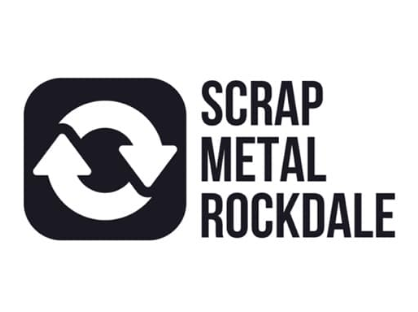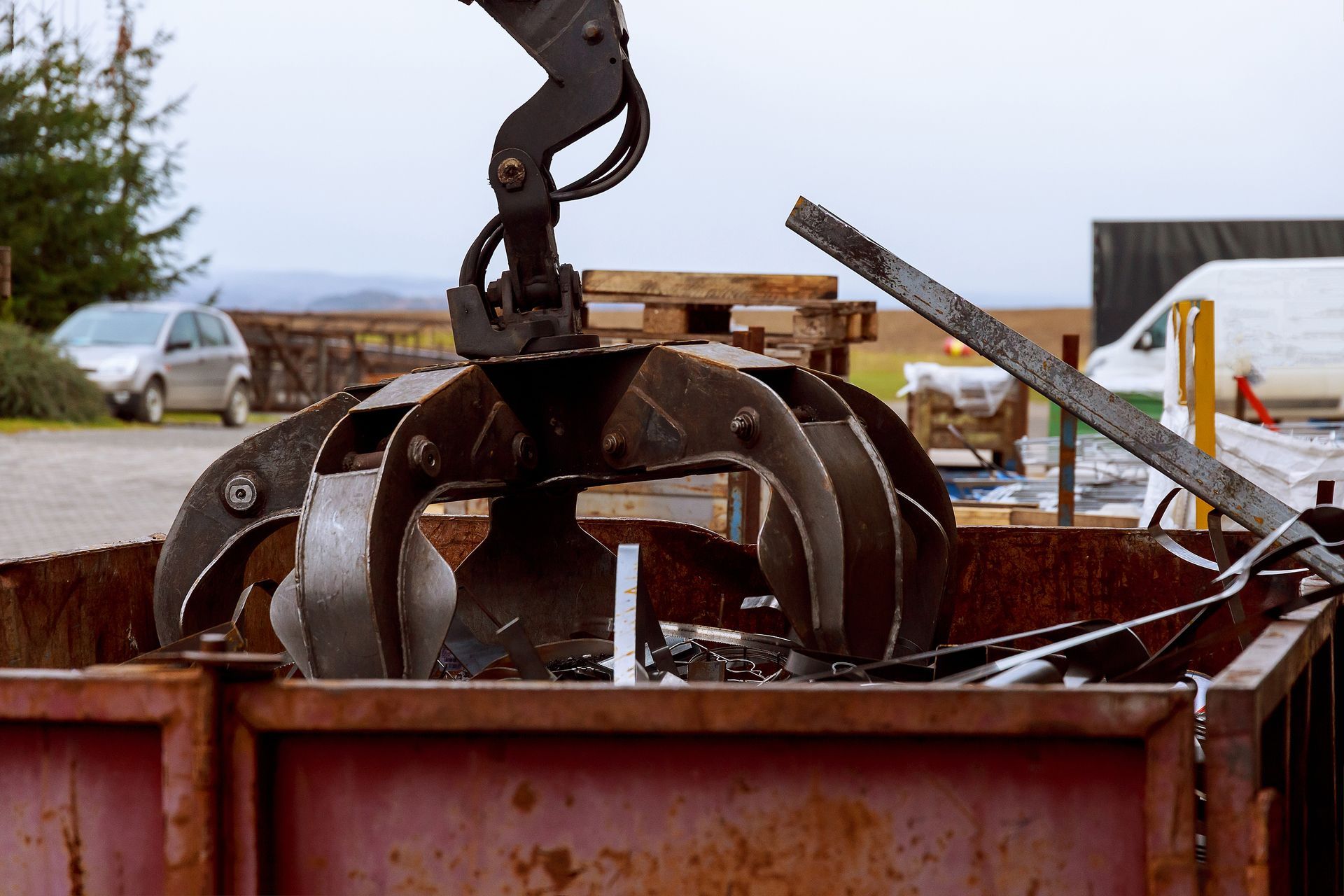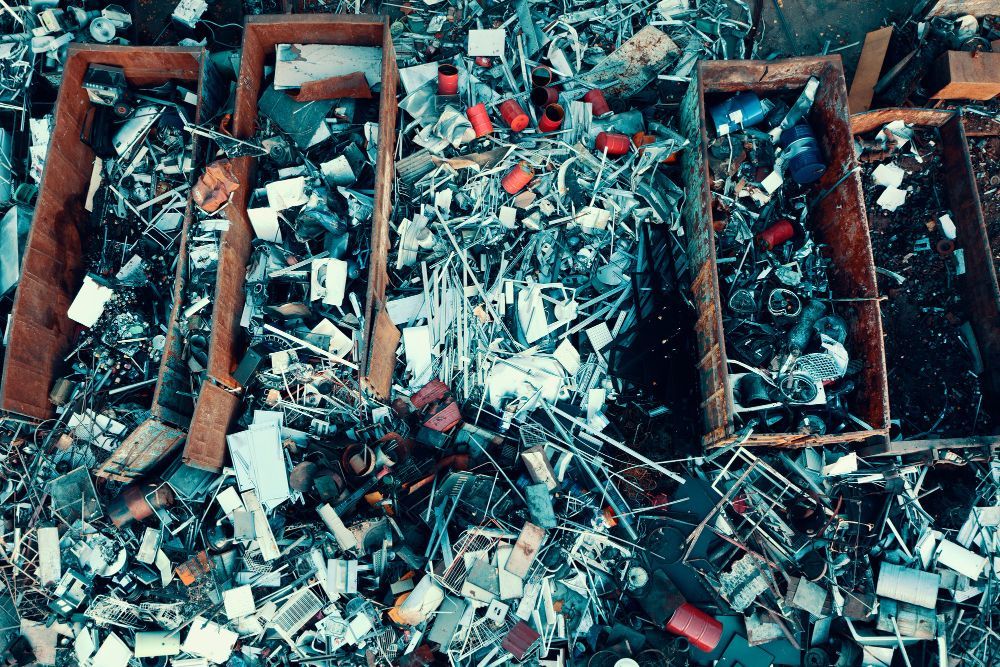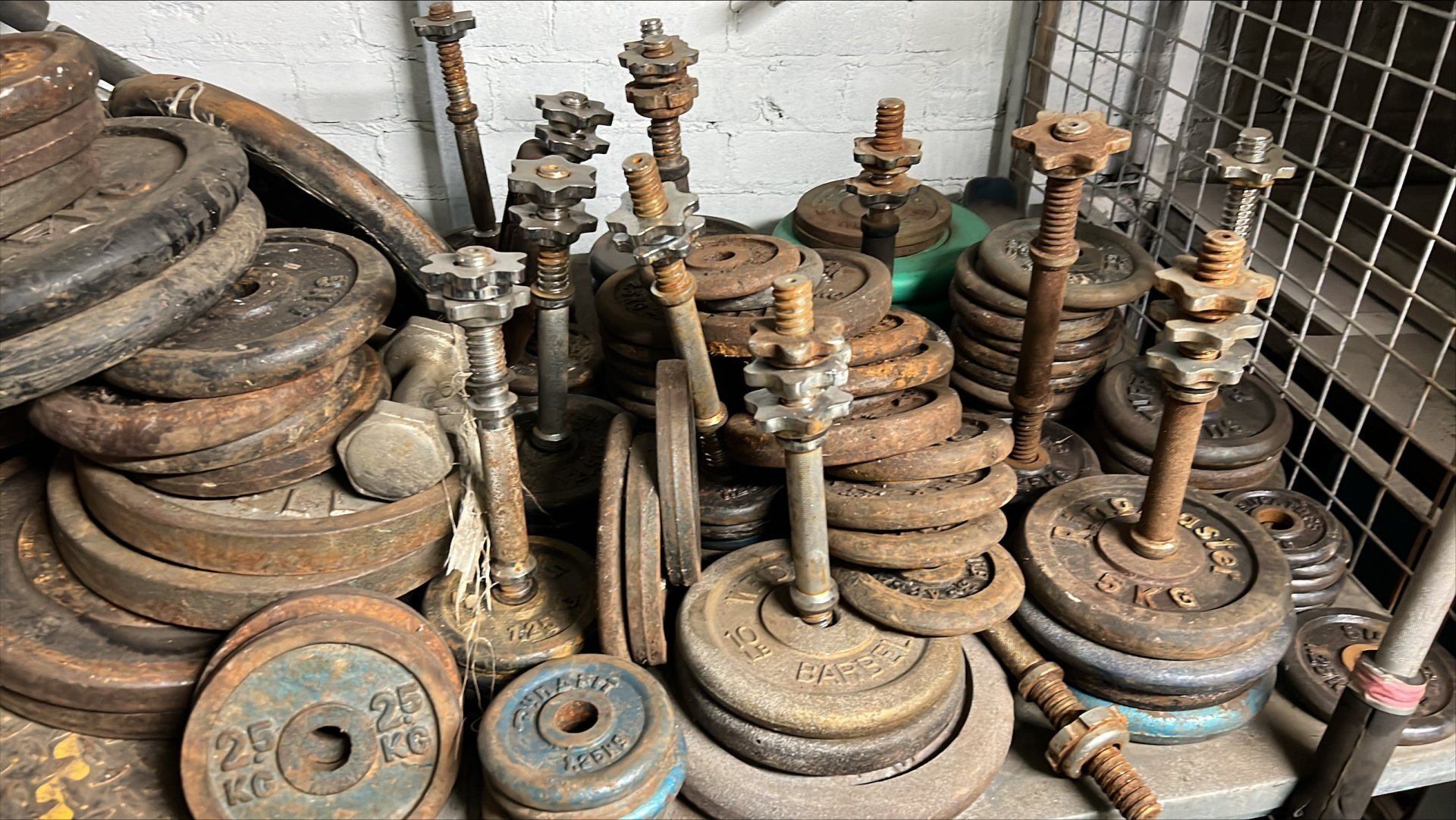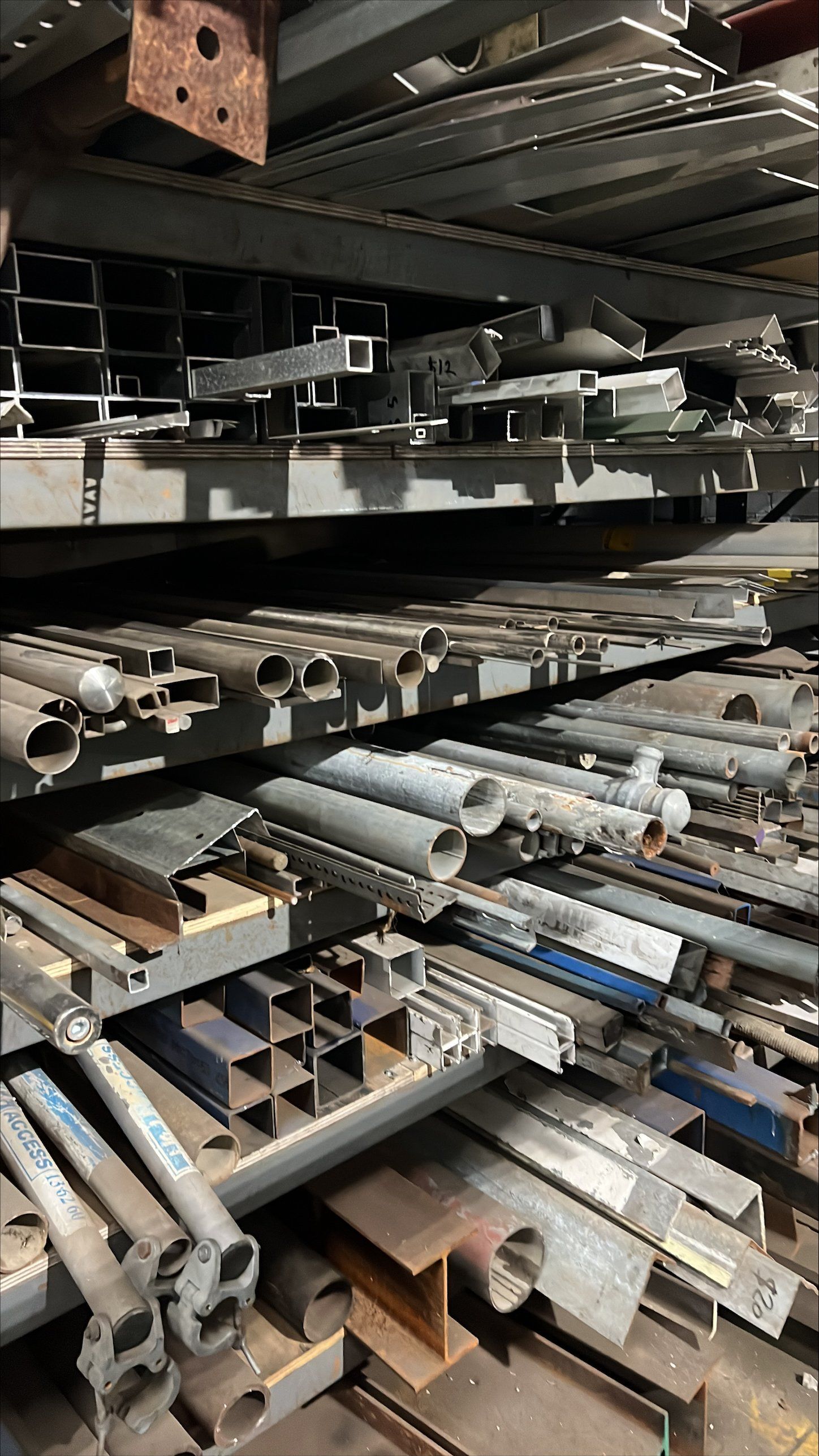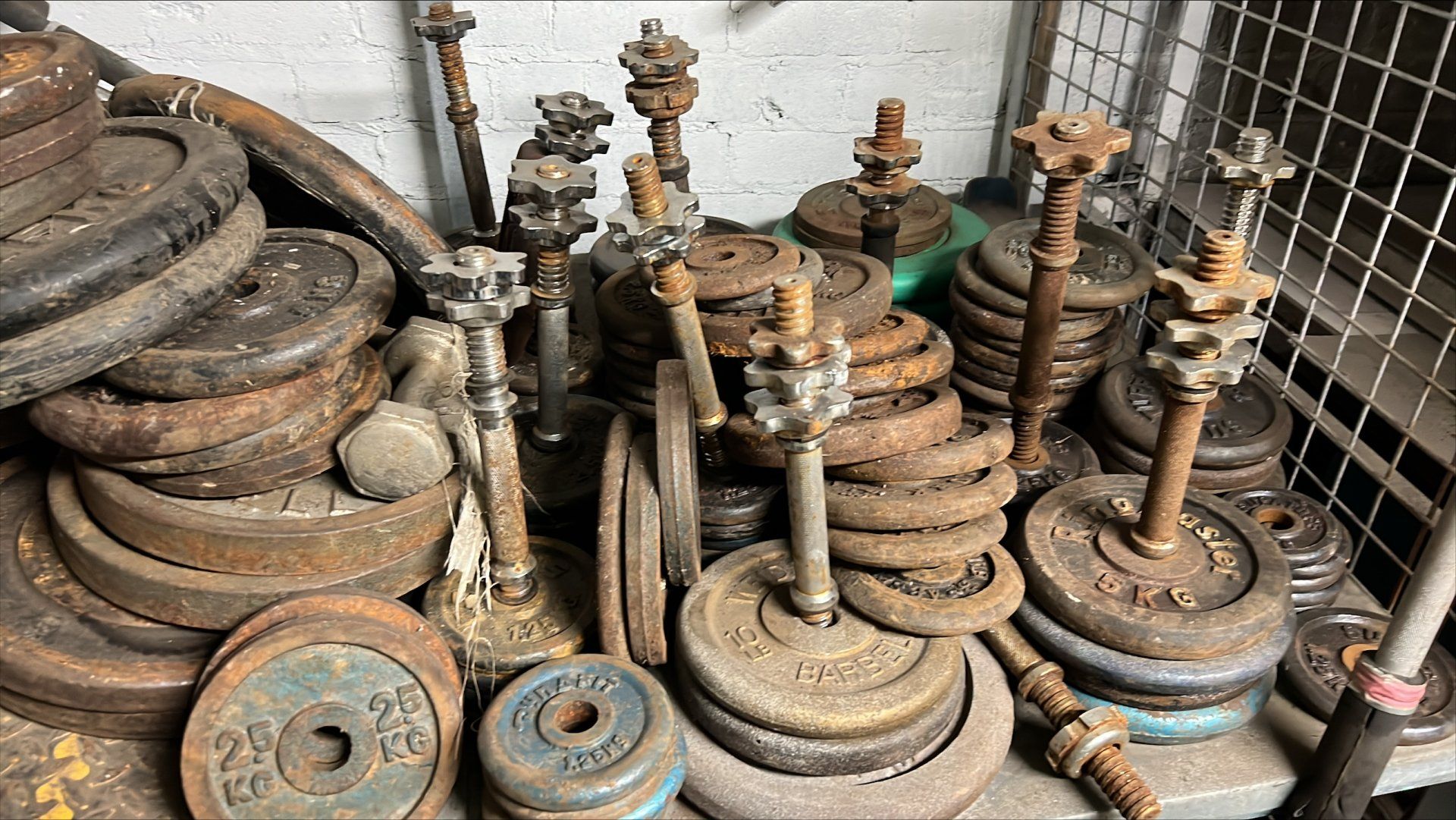How Businesses Can Implement Effective Metal Disposal Strategies in Sydney
How Businesses Can Implement Effective Metal Disposal Strategies in Sydney?
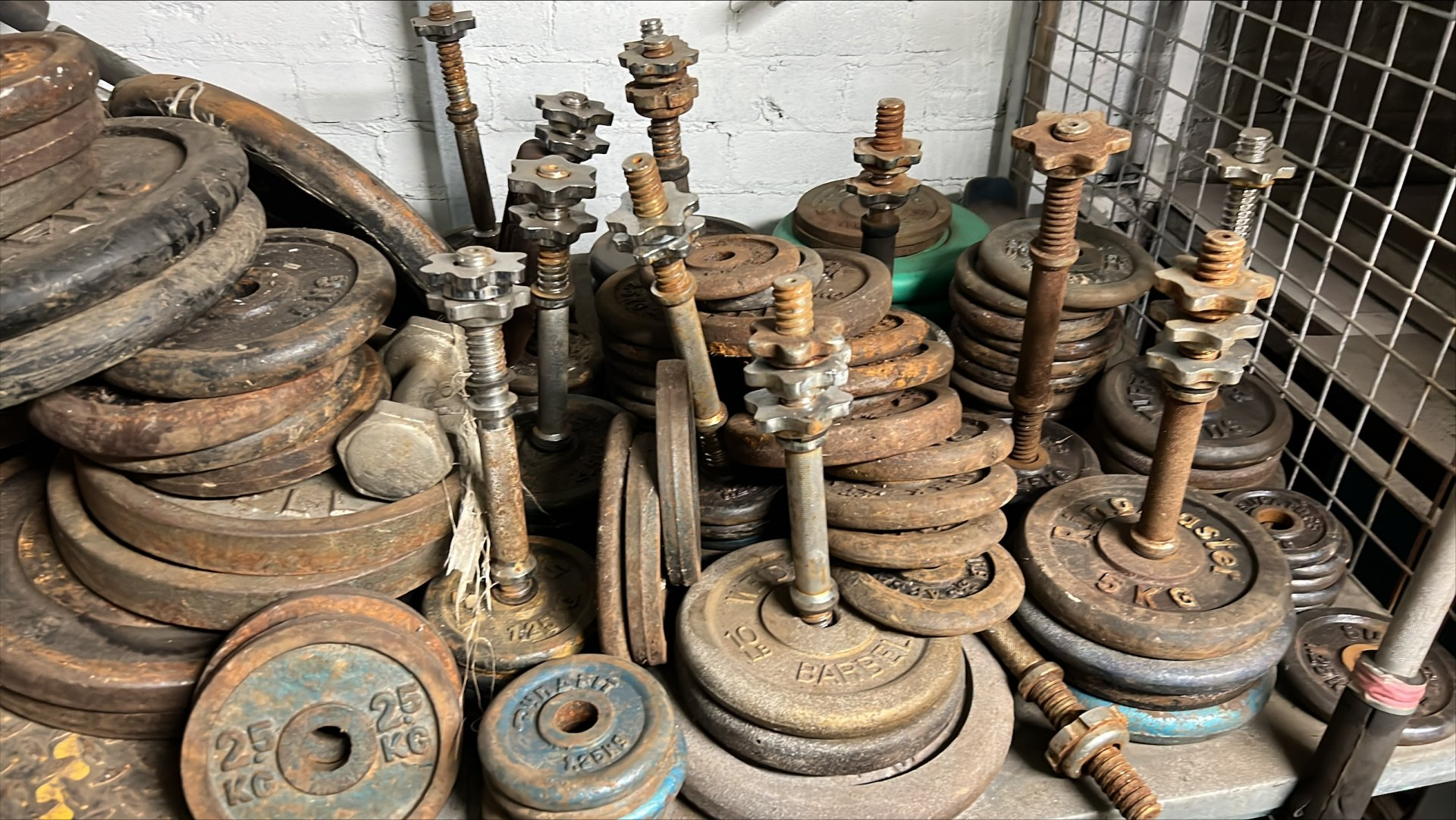
The proper strategies for the disposal of metal are significant for business in Sydney with the aim of increasing proper waste disposal and compliance to laws on the environment as well as promoting sustainability. Adopting effective methods of disposing of the waste goes a long way in preserving the environment while at the same time unfolding improved company reputation and possibly, cutting on the costs. Below is an outline of the guidelines that could be followed so that the businesses implementing metal disposal strategies in Sydney will be effective.
1. Conduct a Waste Audit
The first step that any business organization must undertake before implementing any disposal strategy is to conduct a waste audit that would help determine the organization’s metal waste streams. Determine kinds of metals that are being thrown away, proportion created, and ways these are disposed. This audit proves useful in identifying the extent of metal wasted and the possibility of metal recycling/creative uses.
2. Establish Segregation Practices
Incorporate measures of compartmentalization regarding the differences between metal waste and other forms of wastes in the business ventures. Assign properly labelled bins or containers for various categories of metals as well as aluminum, steel, copper and the alloys. Segregation is that metals are well arranged and free from contamination so that it becomes easy for recycling or the disposal process.
3. Cooperating with Dependable Scrap Metal Companies
List and approach certified metal recyclers in Sydney. Select the recyclers that are able to satisfy the environmental norms and laws in the management and treatment of the metal waste. Check that the recycling companies and individuals have proper certification and license that is within the provision of the local and national laws on environmental management.
4. Implement Waste Minimization Strategies
To decrease the quantity of metal wastes that are produced, it is necessary to apply the principles of the minimum of waste production within business processes. Some of these measures can be reducing excess production wastes, changing the design of products to have easy disassembly and recycling, and using the lean manufacturing techniques. With recycling at the first stage, a company is able to minimize the number of resources chucked and the costs associated with disposal.
5. Educate and Train Employees
Inform the employees concerning the significance of the correct metal disposal Sydney and pass knowledge of segregation methods, means of waste management and recycling. Increase the level of awareness on waste management and reduction within the employees, and the organization as a whole. Qualified personnel are important since they will ensure that all the disposal strategies laid down have been complied with in the right manner and that there is proper handling of wastes.
6. Monitor and Track Performance
Set standards that can be used to compare and evaluate the effect of metal disposal solutions at different time intervals. Observe amounts of metal waste recycled, metal waste diverted from landfill or disposal, cost reduction from recycling activities. Apply the integration of data to ascertain new ways of making constant improvements to ensure that plans are as efficient and as effective as possible for the organization.
7. Comply with Regulatory Requirements
Comply with Sydney’s and Australia’s legal and regulatory standing in the management of metals. Observe important environmental legislation policy, license and reporting on waste handling. It is necessary to preserve records of disposal activities and audits to prove the organization’s compliance with the laws and support the inspections or audits by the regulatory bodies.
8. Promote Circular Economy Practices
Implement processes aligning with the circular economy approach of using the waste metal within the business operations or supply chain processes. Consider ways of refurbishing/remanufacturing metal parts, sales of scrap metals to the manufactures for redevelopment in other products, or being an agent for a closed-loop recycling. This stating that there is an understanding of the corporate responsibility to adopt circular economy in the promotion of sustainable uses of resources that are consumed in the achievement of business goals and objectives.
Conclusion
The best metal disposal practices in Sydney ensure the disposal program entails commitment, planning, and stakeholders’ involvement. It is very important to involve businesses into reducing their negative impact and preserving resources, and thus the practises related to corporate responsibility in waste management. Waste audits must be consistently conducted, segregation practices must be put in place, businesses should work with reputable recyclers and encourage employees to embrace the future by disposing metal in the right manner. Implementing the principles of reduction of waste generation, adherence to the regulations, and advocacy for the circular economy adds to the efficiency of metal disposal measures. This paper aims at suggesting that, due to ongoing improvement and creativity, commercial companies can play a model of influencing a sustainable and environmentally friendly culture throughout commercial ventures in the Sydney region.

12 Bermill St, Rockdale
NSW, 2216
Tel:1800 273 557
Email: andrew@scrapmetalgroup.com.au
Trading Hours
Monday to Friday 8am - 4pm
Saturday - Sunday - Closed
Public Holidays - Closed
Download our mobile App to receive the latest information & more
All Rights Reserved | Scrap Metal Rockdale
